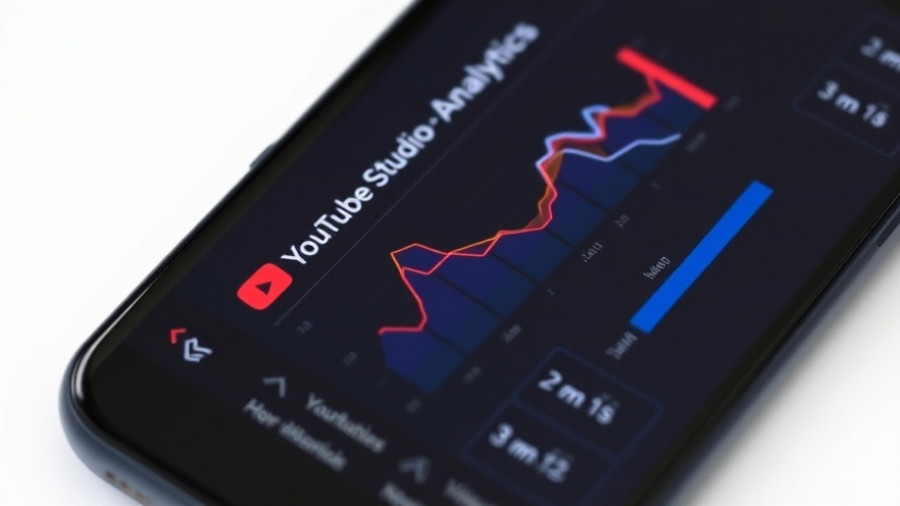
The Truth About Today's SEO Landscape
Search Engine Optimization (SEO) is often viewed as a complex puzzle, with many marketers struggling to find the right pieces to improve their online visibility. Recently, industry pioneer Bill Hunt shared insights revealing why traditional SEO approaches may not be working as effectively today, highlighting a shift in focus that brands should consider. For those navigating this landscape, understanding these dynamics can be the key to future success.
Why SEO Isn’t Broken, But Awkwardly Stuck
Bill Hunt, with his over 25 years of experience, emphasizes that the real issue isn’t a failure in SEO but rather a sense of paralysis among marketers. Many businesses have hit pause on their SEO strategies, confused by overwhelming changes and continuous hype surrounding technologies like artificial intelligence.
According to Hunt, there are three main reasons for this paralysis: a lack of clarity on next steps, distractions from the ever-evolving AI landscape, and a neglect of the core principles of SEO. He argues that while companies work to integrate AI into their strategies, they often lose sight of what really matters – understanding user intent and prioritizing workable, practical strategies.
Understanding Shifts in User Intent
One critical aspect of the current SEO landscape that Hunt highlights is the evolution of user intent. Today, successful marketers must question:
- What exactly are users searching for?
- What are they expecting to find?
This directly influences how businesses should approach SEO. By focusing on delivering user-friendly experiences that align with search intent, businesses markedly increase their chances of retaining online visitors.
Removing Friction for Better Results
In an age where users expect seamless interactions with technology, frictionless experiences are paramount. Hunt notes that platforms are increasingly favoring content that provides the path of least resistance. Businesses that can simplify user interaction, whether through easier navigation or quicker accessibility, will likely benefit in the long run.
Monetization: The New Frontier
In the world of digital marketing, it’s becoming clear that monetization is paramount. Hunt points out the necessity for businesses to not only provide helpful content but also ensure it is profitable. For instance, with brands like Absolut Vodka, the focus shifted to understanding what consumers were interested in—and then delivering it in appealing formats. By monitoring changes in search results and adapting accordingly, they increased user engagement significantly.
How to Adapt Your SEO Strategy
To thrive in this transforming landscape, businesses should consider these actionable steps:
- Reconnect with User Needs: Regularly assess what your audience seeks to ensure your content directly fulfills these interests.
- Streamline User Experience: Identify and eliminate obstacles that prevent users from engaging with your website.
- Focus on Profitable Content: Train your content creation efforts around not just engagement, but profitability.
Adjusting these foundational strategies ensures a continued relationship with your audience and aligns with ongoing changes in online behavior.
Embracing Change in SEO
SEO may feel chaotic and unstructured right now due to vast technological advancements, especially AI's growing role. However, for marketers willing to reassess their strategies and focus on fundamental shifts in user behavior, there lies a path to revitalized success. The beauty of SEO lies in its continually adaptable nature—embracing this can transform challenges into opportunities.
Although change can be daunting, businesses can navigate these changes successfully with clear strategies and by aligning their efforts with user expectations and experiences. In this new era of marketing, those who acknowledge the evolving landscape of SEO will emerge as leaders in their fields.
 Add Row
Add Row  Add
Add 




Write A Comment